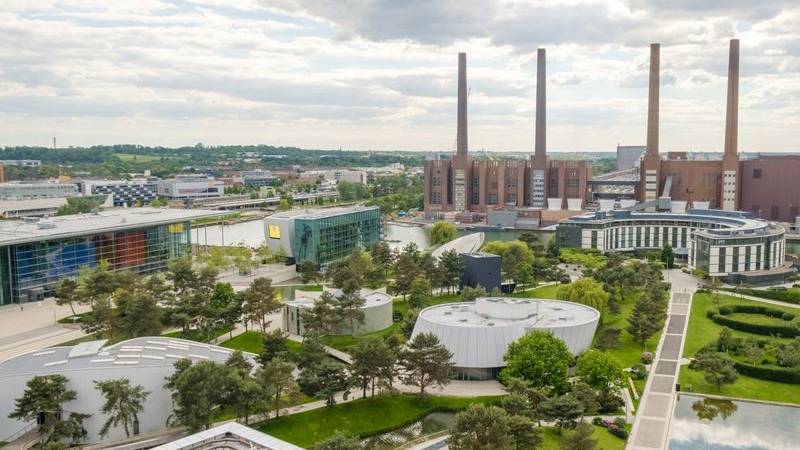Short-time work by the Corona-crisis-hit areas, especially regions with a high proportion of companies from the metal and electrical industry, as well as vacation. This is the result of an analysis for the trade Union close to the Hans-Böckler-Foundation.
In particular, German cities and districts with a strong car industry showed high rates of the displayed short-time work, the investigation of the economic and Social research Institute (WSI) of the Böckler-Foundation. As had been shown in March and April at the VW sites in Emden (56.0%) and Wolfsburg (52.2 per cent) for more than half of all employees subject to social security, short-time work. The nationwide average was in April, 31 per cent.
An above-average amount of short-time working had also been in tourism regions registered. The land district of Breisgau-hochschwarzwald (41.4 percent), upper allgäu (40.4 percent) and Garmisch-Partenkirchen (35.1%) showed high rates. On the North sea and the Baltic sea coast to meet, among other things, to Wittmund (35.6 percent), Ostholstein (34.7 percent), and Western Pomerania-Rügen (35.5 percent).
Comparatively little short-time working has been set up in cities with strong chemical and pharmaceutical companies. For the BASF site in Ludwigshafen, the scientists identified a short-time working rate of 11.6 per cent and for the Bayer site in Leverkusen, Germany 16.2 percent. These are the lowest rates display short-time working in Germany. The chemical and the pharmaceutical industry was far less on the job concerned, and Production declines as the mechanical and automotive engineering.
Short-time work had been displayed particularly in regions with below-average employment shares of large firms. The crisis have taken “many smaller firms hard and quickly reacted with short-time work”, – said the WSI researchers Helge Emmler. The results of the investigation pointed to a demand-oriented use of short-time work.
The researchers had regional data from the Federal employment Agency (BA) for the logged-on short-time working. These Figures are likely to be significantly higher than the employees of the actual short-time work. The companies have often filed as a precautionary measure, for the larger groups of short-time work. Regional data on actually realised short-time work would only be available in a few months.
In spite of the mass use of short – time work was also an increase in unemployment-also with considerable regional Differences. liable Particularly strong Corona-induced increases in the unemployment rates had Vorpommern under the WSI calculations in the tourism regions to cope with Rügen (3.2 percentage points) and Wittmund in East Frisia (2.6 percentage points). But also in Berlin (2.5 percentage points), Garmisch-Partenkirchen, Germany (2.4 percentage points), the Berchtesgadener Land and, in Wilhelmshaven (both 2.3 percentage points) the unemployment rate increased significantly. In the Federal funds rate from March to may Corona-I points due to a 1.3 per cent increase.



